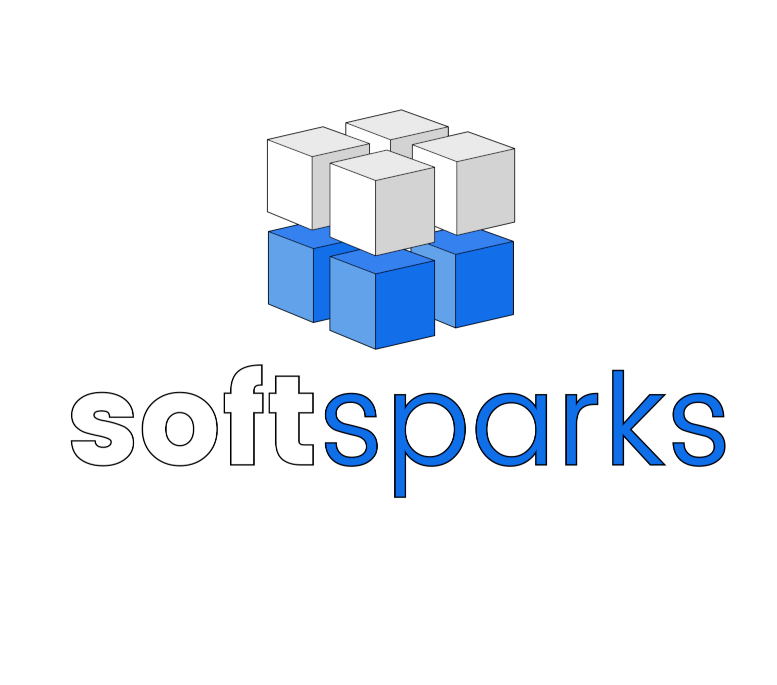In today's business world, lead generation is a crucial factor for a company's success. The ability to identify and approach potential customers has changed significantly through the use of artificial intelligence (AI). Efficient AI automation enables companies to analyze large amounts of data in real time and identify patterns that are important for identifying leads.
Table of contents

This technology is not only revolutionizing the way leads are generated, but also the efficiency and effectiveness of the entire Marketing strategy. The importance of AI automation lies not only in the speed with which data can be processed, but also in the precision with which target groups can be addressed. By using algorithms based on machine learning, companies can personalize their marketing campaigns and respond specifically to the needs and interests of their potential customers.
This leads to a higher conversion rate and ultimately increased sales. At a time when consumers are becoming increasingly demanding, the ability to provide relevant content at the right time is crucial.
Key Takeaways
- Efficient AI automation is crucial for lead generation as it saves time and resources.
- The benefits of AI automation for lead generation include improved efficiency, more accurate data analysis and a higher conversion rate.
- When choosing the right AI tool for lead generation, it is important to pay attention to the specific requirements of the company.
- Implementing AI automation into the lead generation process requires careful planning and employee training.
- Optimizing AI automation for efficient lead generation requires continuous adjustments and improvements based on the results.
The benefits of AI automation for lead generation
The benefits of AI automation in lead generation are manifold and range from increasing efficiency to improving the customer experience. One key benefit is the automation of repetitive tasks that traditionally take a lot of time. By using AI-supported tools, companies can automate routine tasks such as scanning databases or sending emails.
This allows marketing teams to focus on more strategic tasks that add more value to the business. Another significant benefit is the ability of AI systems to learn from past interactions and continuously improve. These systems can recognize patterns in lead behavior and make predictions about future interactions.
For example, an AI tool can analyse what type of content is best received by certain target groups and use this information to optimize future campaigns. This not only leads to greater efficiency, but also to better adaptation of marketing strategies to the needs of the target group.
Choosing the right AI tool for lead generation

Choosing the right AI tool for lead generation is a crucial step that requires careful consideration. First, companies should clearly define their specific requirements and goals. Different tools offer different functions, from data analysis to the Lead scoring through to the automation of marketing campaigns.
For example, a company that wants to analyze a large amount of data may need a tool with advanced analytics capabilities, while another company may place more emphasis on automation. It is also important to consider the user-friendliness of the tool.
A complex system can offer many functions, but if it is difficult for the team to use, this can reduce efficiency.
Companies should also check the tool's ability to integrate with existing systems. Seamless integration can make the implementation process much easier and ensure that all systems work together smoothly.
The implementation of AI automation in the lead generation process
| Metrics | Value |
|---|---|
| Number of leads generated | 500 |
| Percentage of automated lead generation | 80% |
| Time savings through AI automation | 50% |
| Cost savings through AI automation | 30% |
Implementing AI automation into the lead generation process requires a strategic approach and careful planning. First, companies should conduct a comprehensive analysis of their current processes to identify areas where automation makes sense. This can include, for example, identifying recurring tasks or bottlenecks in the workflow.
Specific targets for implementation can be defined on this basis.
Another important aspect is the training of the team.
The introduction of new technologies can be met with resistance, especially if employees feel insecure or do not have the necessary skills.
Therefore, it is crucial to provide training programs to ensure that all team members are familiar with the new system and understand its benefits. Clear communication about the goals and benefits of AI automation can also help to promote acceptance and commitment within the team.
Optimizing AI automation for efficient lead generation
Optimizing AI automation is an ongoing process that requires regular reviews and adjustments. Companies should continuously collect and analyze data to find out how well their AI-powered systems are performing. This can be done through A/B testing, where different approaches are tested to find out which is most effective.
Such tests enable companies to make data-driven decisions and adapt their strategies accordingly. Another important aspect of optimization is feedback from users and customers. The experiences of end users can provide valuable insights into the effectiveness of automation.
Companies should set up mechanisms to collect feedback and incorporate it into the optimization process. By combining data analysis and user feedback, companies can ensure that their AI automation is always up to date and meets the changing requirements of the market.
The integration of AI automation into existing lead generation systems
Integrating AI automation into existing lead generation systems presents a challenge, but also offers significant opportunities to improve efficiency and effectiveness. First, companies need to ensure that their existing systems are compatible with the new AI tools. This may mean updating or adapting existing software to ensure seamless integration.
Another important point is data migration. When new systems are introduced, large volumes of data often have to be transferred. It is crucial that this process is carefully planned to avoid data loss or inconsistencies.
Companies should also ensure that all relevant stakeholders are involved in the integration process to ensure that all requirements are taken into account and that the new system can be used optimally.
Measuring the success of AI automation in lead generation
Measuring the success of AI automation in lead generation is crucial for evaluating the effectiveness of these technologies. Companies should define clear KPIs (Key Performance Indicators) to quantify the success of their automation strategies. Commonly used KPIs include conversion rates, cost per lead and the quality of leads generated.
These metrics provide valuable insights into the performance of the systems used and help to make informed decisions about future strategies. In addition, companies should regularly report and analyze to identify trends and patterns in the lead generation process. This information can be used to make adjustments and continuously improve automation strategies.
A proactive approach to performance measurement enables companies not only to evaluate their current strategies, but also to identify future opportunities to optimize their processes.
The future of AI automation in lead generation
The future of AI automation in lead generation promises exciting developments and innovations. As technology continues to advance, AI systems are becoming increasingly powerful and capable of taking on complex tasks. Future developments could include the use of predictive analytics, for example, where algorithms can not only analyze past data but also predict future trends.
This would enable companies to react more proactively to market changes and adapt their strategies accordingly. Another trend could be the increased use of chatbots and virtual assistants that can interact with potential customers in real time. These technologies could be used not only to answer questions, but also to qualify leads and forward them directly to sales teams.
The integration of such technologies could significantly speed up the lead generation process while improving the customer experience. In an increasingly digitalized world, the ability to quickly adapt to new technologies will be crucial for long-term success in lead generation.
A related article to AI automation for lead generation is "Winning customers with AI: No-code automations". This article describes how companies can effectively target and acquire potential customers using AI technologies and automation. You can find more information on this topic at this link.
FAQs
What is AI automation for lead generation?
AI automation for lead generation refers to the use of artificial intelligence (AI) to automate lead generation processes in marketing and sales.
How does AI automation for lead generation work?
AI automation for lead generation uses algorithms and machine learning to identify, qualify and contact potential customers. This can be done through the analysis of behavioural data, the personalization of marketing content and the automation of communication processes.
What advantages does AI automation offer for lead generation?
The benefits of AI automation for lead generation include more efficient identification of potential customers, improved personalization of marketing campaigns, faster qualification of leads and increased sales efficiency.
Which technologies are used for AI automation for lead generation?
For AI automation for lead generation, technologies such as machine learning, predictive analytics, natural language processing and chatbots are used to analyze data, understand customer behavior and enable automated interactions.
Which industries use AI automation for lead generation?
AI automation for lead generation is used in various industries, including software and technology, financial services, healthcare, retail and e-commerce, to name a few.

Pingback: Effective AI SEO content creation: tips and tricks
Pingback: AI SEO for AI companies: Successful search engine optimization